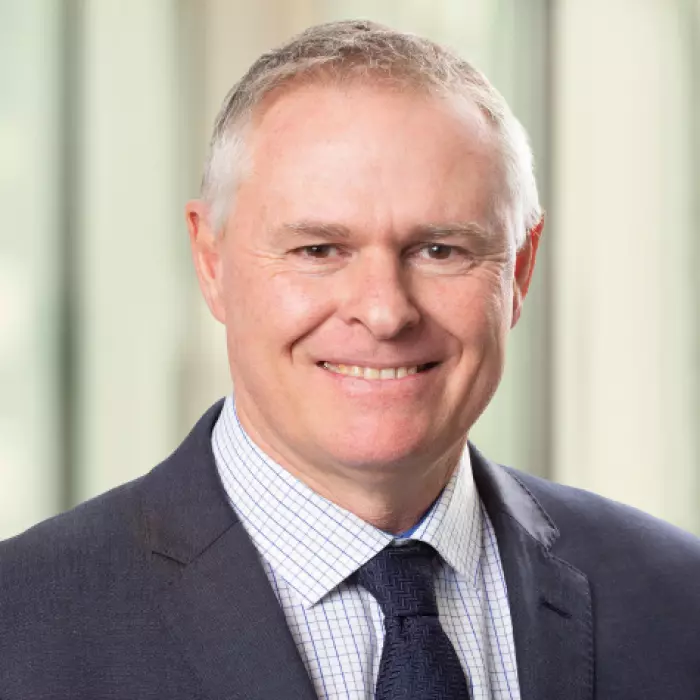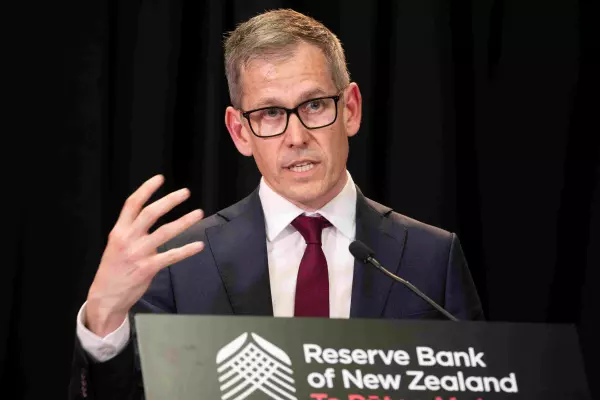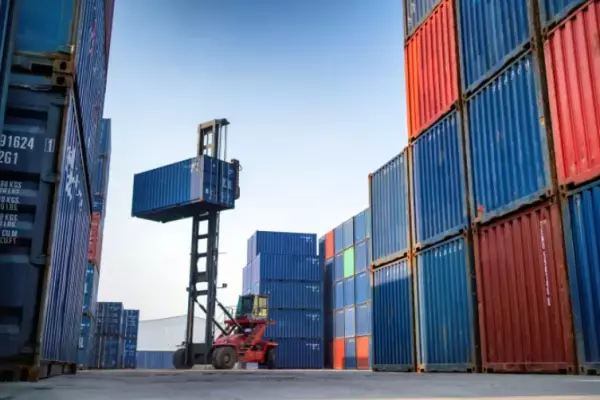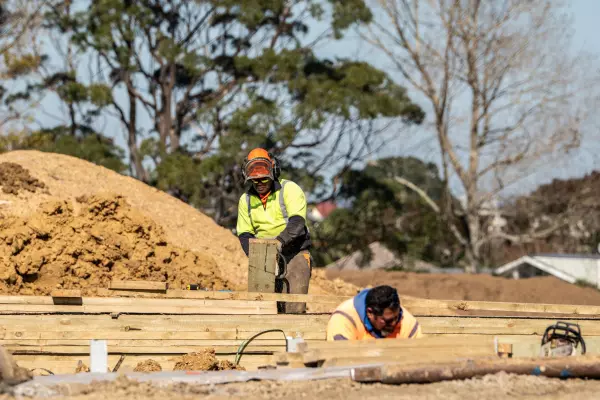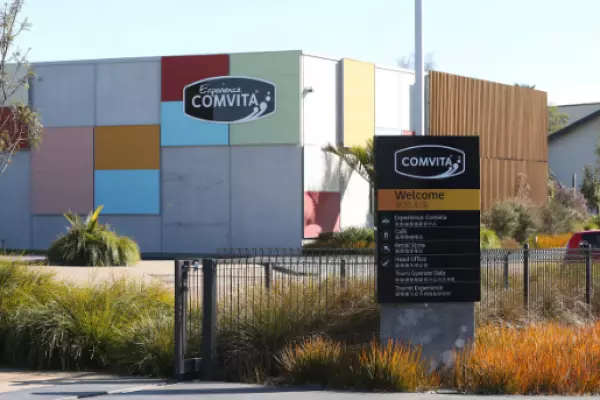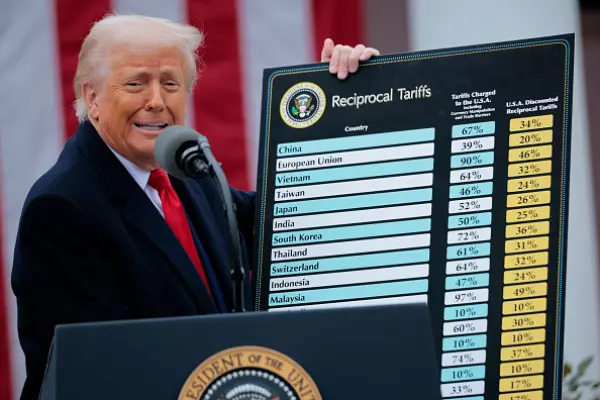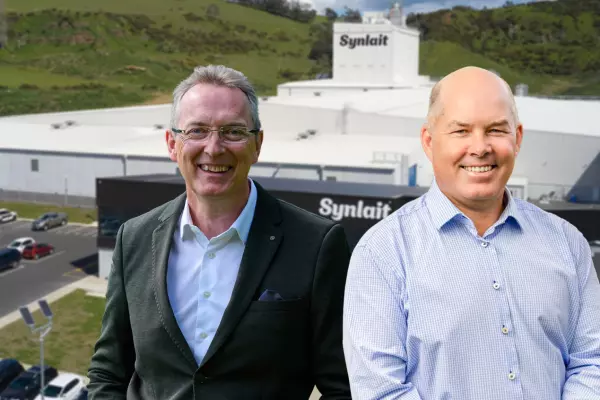This article has been republished. It was first published in July 2021
Fonterra chairman Peter McBride doesn't like presenting in front of a crowd, being more of an introvert by nature.
However, he has to put that to the side as he fronts a series of roadshows across the country to explain Fonterra's proposed new capital structure, which has rubbed some of the cooperative's 10,000-odd shareholders the wrong way.
“I’m really focused on a high-quality conversation. I've got really quite strong views around farmer engagement. And my style is more to listen,” he said.
“I'd rather have a conversation with them, give a perspective and ask them how they feel about that,” he said.
Overall, “I think how we engage is really important. In this process we are going through, the quality of the engagement in my view will determine the outcome”.
Well received
So far, his approach has been well received.
Dairy farmer Colin Armer, who has met with McBride, said his observation is that “the whole discussion and the board engagement has been quite respectful on both sides”.
It’s clear he “appreciates and acknowledges that Fonterra has 10,000 shareholder suppliers who have 10,000 unique mindsets and situations,” said Julia Jones, head of insight for the NZX.
Trinity Lands board chair Stuart Bay has known McBride his whole life and agreed that one of his most important attributes is his ability to listen.
“He is a humble man who is a very, very good listener,” he said. “He has impeccable character and is a man of deep integrity. When he says it, you can trust him.”
Seeka chief executive Michael Franks is also a fan.
“His hallmark is that even now as the chair of Fonterra, he makes himself available to talk to many. He has no ego and presents true humbleness and is a loss to our industry.”
McBride took up the role of chair of Fonterra last November but joined the board in 2018.
Prior to Fonterra, he was chair of Zespri for six years and had been a director there for 17 years.
Born on a farm
He was born on a dairy farm and did a horticulture science degree at Massey University. He spent four years on a large-scale kiwifruit/apple development as a manager but decided “the only way I could build my equity was to go farming”.
One of the reasons he has resonated with farmers is because he spent nine years contract milking and sharemilking.
“I know what it’s like in low payout years, I know what it’s like to suffer drought,” he said.
He understands TB and what it means to have your herd on movement control and to “spend day after day spraying” because he did a dairy conversion.
“I have enormous respect for our farming families.”
Today, he owns a dairy farm with 950 cows and about 330 hectares in Tokoroa and is chief executive of Trinity Lands, a large dairy farming, kiwifruit growing business that pumps part of its profits back into the community through charitable trusts.
According to McBride, he’s been involved in cooperative governance for 19 years and “I’ve been through some really tough stuff”.
Resilience
His main lesson? Resilience.
He was involved in Zespri when pseudomonas syringae pv actinidiae or Psa-V decimated the industry and was chair when Zespri opposed the kiwifruit claim, a class action to seek compensation from the government for losses caused by the bacterial disease.
It wasn’t the most popular move at the time but even farmers who were involved respected him.
“He tries to get people working together and has definite demonstrated skills in that area. He showed good leadership in the PSA crisis,” one grower said.
“Peter McBride makes the effort to talk to all those in the industry at all levels. He is prepared to consider contrary views to the common view or his own, including that of Zespri, in coming to a conclusion on what to do with industry matters,” said Seeka’s Franks.
“He is inclusive and ensures that all are heard. When a decision is made, he holds to it and explains why.”
Unique skills
What does think he brings to Fonterra?
“I had a unique set of skills. I’ve travelled extensively. I’ve had a lot of customer interaction,” said McBride.
He had a lot of exposure to research and development and marketing but noted that Zespri was a different model.
“The model that I came from was very, very capital light. Fonterra is the opposite.”
However, the stakeholders between the two companies are very similar and both are very focused on performance.
“They are very understanding of the collective good and they care about the long-term future,” he said.
Milk, however, is incredibly complex and the Fonterra business is significantly more complex, he said.
Key for McBride is to unlock as much value as possible.
“I am really, really focused on our level of investment there and aligning to consumer trends and trying to unlock value from milk.”
He is looking to make Fonterra less capital-heavy.
“I think we could create more from less and that’s a function of sustainability as well.”
The question, he says, is “how to generate more with a lower impact on your environment, your capital or anything”.
“I think there is an opportunity to take a different approach and really scrutinise the efficiency of our capital.”
Make a difference
McBride said he wanted to be a director to make a difference.
He didn't intend on being elected chair, “it was my intention to make a difference. So, I am a bit of a change agent”.
Critically: “I’m really hot on empowering management”.
“It’s not about me. It’s about me effectively cheering a group of people and getting the best out of them,” he said.
Because he’s been a chair and a CEO, he’s got a deep understanding of the balance between management and governance.
“I don’t ring Miles (Hurrell) all the time. I’m a CEO and I understand the CEO-chairman relationship. I respect giving the CEO space.”
Work-life balance is also important, both for McBride and his CEOs.
“I do watch my CEOs and make sure they are okay. I’m really focused on their wellbeing,” he said.
“It’s a challenge, and it’s a challenge for any senior executive.”
Farmers will continue to meet with Fonterra representatives on the capital proposal and late last month McBride said the first round of consultation had been extended given the high level of engagement and questions. The farmer meetings will now take place until mid-July.
Fonterra will then consider the feedback before shaping up a detailed proposal for the second round of consultation.


